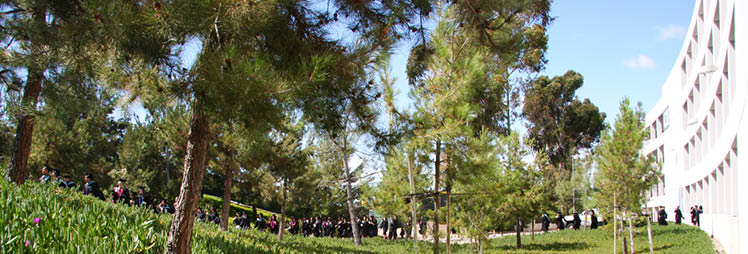Other Resources
Funding

What to do to start preparing for fellowships?
- Start looking for fellowships NOW: Many fellowship deadlines occur during the fall and must be applied for about one year before the support is needed in the following academic year. Fellowship application deadlines vary by funding agency, so be sure to identify submission deadlines early on.
- Familiarize yourself with Funding Databases: The funding databases listed below are available to help you identify funding opportunities. Workshops on how to use these search engines are held periodically at the GRC.
- Be aware of what is needed in the application packet and plan accordingly: Fellowship application materials often include transcripts, letters of recommendation, and application essays. Some may also include Graduate Record Examination (GRE) scores.
- The application submission process: Some fellowships can be submitted by the applicant directly to the funding agency. Others require the institution (i.e. Sponsored Projects, which is part of the Office of Research) to submit the application to the funding agency.
- Have others read your application essays: Strong applications are those that can clearly communicate research and personal essays across disciplines. Have as many people as possible read your essays- including your classmates and friends (outside of your field).
- The critical role of faculty mentors in securing fellowships:
- Graduate students who are applying for fellowships should work closely with their faculty advisors. In order for faculty to prepare strong letters of support, it is important for students to provide faculty with information about the funding source, review criteria, deadlines, and requirements. It is also critical for students to give faculty a copy of their application materials when these are still in the draft stage. Students should allow plenty of time to secure comments from faculty, and to revise their materials in light of faculty feedback. It is a good idea to check in with faculty well in advance of the application deadline, to find out how much lead time faculty need.
- A number of agencies require faculty to serve as Principal Investigators (PIs) on graduate student applications. When that is the case, the faculty advisor may be the one who has to submit the application, even if materials were prepared by a student. In such instances, it is particularly important for students to keep faculty informed of their plans.
UCI RESOURCES
- Writing Consultations with CEWC Graduate Writing Consultants: Make an appointment to get writing-specific feedback from a graduate student. Appointments can be booked by following this link and clicking Schedule an Appointment on the home page.
- Fellowship advising with Dr. Kayleigh Anderson-Natale: Make an appointment for fellowship advising by vising here to schedule an appointment.
- Fellowship application samples: Sample NSF and Ford Fellowship materials can be found by logging into ZOTportal. After logging in, sample materials will be accessible under the “Grad Div Fellowship” portlet.
- Attend Graduate Division’s funding workshops: These workshops educate students and postdoctoral scholars about internal and extramural funding opportunities, best practices in searching for funding, and how to approach writing personal and research application essays. For dates, topics, and other information on funding workshops, click here to visit the UCI Graduate Division Campus Groups page.
Many schools have research staff who help graduate students navigate the grant application process. Check with your department or program to learn what support is available.
The University of California, Irvine, in accordance with applicable Federal and State law and University policy, does not discriminate on the basis of race, color, national origin, religion, sex, gender identity, pregnancy, disability, age, medical condition (cancer-related), ancestry, marital status, citizenship, sexual orientation, or status as a Vietnam-era veteran or special disabled veteran. This nondiscrimination policy covers admission, access, and treatment in University programs and activities.